The 2020–2025 Dietary Guidelines for Americans* advise incorporating more fruits and vegetables into U.S. residents’ diets as part of healthy dietary patterns. Adults should consume 1.5–2 cup-equivalents of fruits and 2–3 cup-equivalents of vegetables daily.† A healthy diet supports healthy immune function (1) and helps to prevent obesity, type 2 diabetes, cardiovascular diseases, and some cancers (2); having some of these conditions can predispose persons to more severe illness and death from COVID-19 (3). CDC used the most recent 2019 Behavioral Risk Factor Surveillance system (BRFSS) data to estimate the percentage of states’ adult population who met intake recommendations overall and by sociodemographic characteristics for 49 states and the District of Columbia (DC).
Cold-Pressed Juice: Is It Really Better?
The popularity of Cold-pressed juice has been growing significantly for its superior nutritional value and health benefits. But is this type of juice really better than the regular juice? This article will let us know about cold-pressed juice deeper, comparing it to its counterparts, exploring the cold-pressed juicing process, and examining its potential advantages.
Cold Pressed Juice vs Regular Juice
What is Cold-Pressed Juice?
Cold-pressed juice is a type of fresh juice that famous of its unique extraction method to minimize the heat and oxidation. Unlike the regular juice, which relies on centrifugal juicers, cold-pressed juice utilizes a different method. This offers several key advantages:
Minimizes the heat and oxidation during the extraction.
Retains more of the original vitamins, minerals, and enzymes from the fruits and vegetables.
Because of these benefits, many people who want to juice for the maximum nutritional value prefer cold-pressed options.
How Cold-Press Juicing Works
Cold-pressed juice works by using a hydraulic press to extract juice from pulp while keeping heat and air exposure to a minimum. The process starts by crushing fruits and vegetables into pulp. Next, a hydraulic press squeezes the pulp with strong pressure to extract the juice. This method is slow but thorough, getting the most juice possible from the pulp. Since it avoids heat and limits air contact, the juice keeps its natural flavors, colors, and nutrients. Unlike centrifugal juicer that create heat and mix in air, cold pressing maintains the juice's quality, making it more nutritious and better tasting.
Types of Cold-Pressed Juices
Cold-pressed juices come in many types. Cold-pressed juice from fruits and vegetables blends to fruit mixtures. Green juices typically contain kale or spinach with apple or lemon for taste. Fruit-based options include orange, grapefruit, and berry juices. The ingredients determine both flavor and health benefits. Juice bars offer various options to match different health goals and taste preferences.
Benefits of Cold-Pressed Juice
Health Benefits of Cold-Pressed Juice
Cold-pressed juice keeps more nutrients because it limits oxidation. Cold-pressed juice delivers significant health benefits, making it a go-to choice for health-focused people. The cold-pressing method could reduce oxidation and preserve more nutrients from the fruits and vegetables. You could get a nutrient-dense drink with full of vitamins, minerals, and enzymes. Cold-pressed juice fits well into a healthy diet, offering concentrated nutrients that our body can easily absorb. The main advantage is that it's made without heat, so you're drinking juice that maintains its natural nutritional integrity.
Shelf Life of Cold-Pressed Juice
Cold-pressed juice lasts 3-5 days without preservatives. Unlike store-bought juice that contains preservatives or undergoes heat treatment, cold-pressed juice has a shorter shelf life when refrigerated. This timeframe varies based on ingredients, hygiene during juicing, and storage conditions. Check expiration dates and look for spoilage signs like odd smells or appearance before consuming. Manufacturers recommend keeping these juices refrigerated.
Factors Affecting the Shelf Life of Cold-Pressed Juice
Acidity, cleanliness, and storage temperature affect how long cold-pressed juice stays fresh. Several things can change how long your cold-pressed juice lasts. The type of juice is important; for example, more acidic fruits like oranges and lemons help them stay fresh longer. Cleanliness of the equipment used during the juicing process is also crucial. Any dirt or bacteria will cause the juice to spoil faster. Temperature is also crucial - keeping the juice refrigerated helps it stay fresh longer. The juicing method itself may also affect shelf life.
Storing Cold-Pressed Juice for Maximum Freshness
Store cold-pressed juice properly to maximize freshness. Refrigerate immediately after purchase or preparation and follow these tips:
Please use airtight containers to minimize air exposure that causes oxidation as we can.
Also maintain the consistent refrigeration temperature.
Some juice bars use HPP for longer shelf life, but refrigeration remains necessary. Consume juice as soon as possible for best quality.
Cold-Pressed Juicers
Choosing the Right Cold-Pressed Juicer (High-pressure processing)
Masticating juicers (Cold Press Juicer) are ideal for making cold-pressed juice. These slow-press machines could minimize the heat and air exposure and preserve more nutrients. Pick one that's easy cleaning and assembly, compact enough for your kitchen space, and made with durable materials for long-term use. The right juicer will maximize your daily juice yield from fruits and vegetables.
Tips for Using a Cold-Pressed Juicer
For best results with your cold-pressed juicer, follow these key tips:
- Wash produce thoroughly to remove dirt and pesticides.
- Cut fruits and vegetables into smaller pieces for the juicer chute.
Alternate soft and hard produce for efficient extraction. Clean your juicer after each use to prevent pulp buildup. Experiment with different combinations to find your favorite blends. With proper care, your juicer will consistently provide fresh juice.




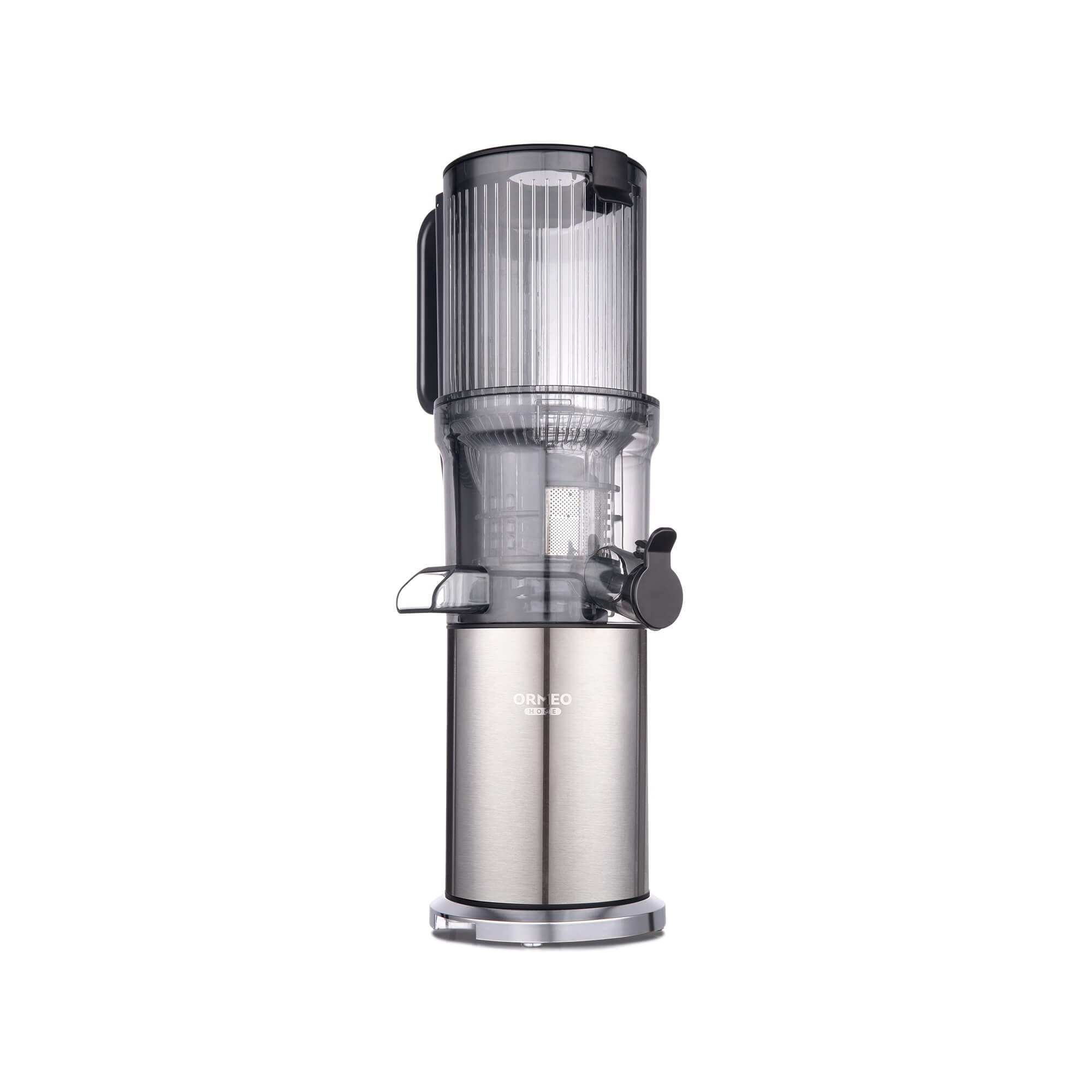
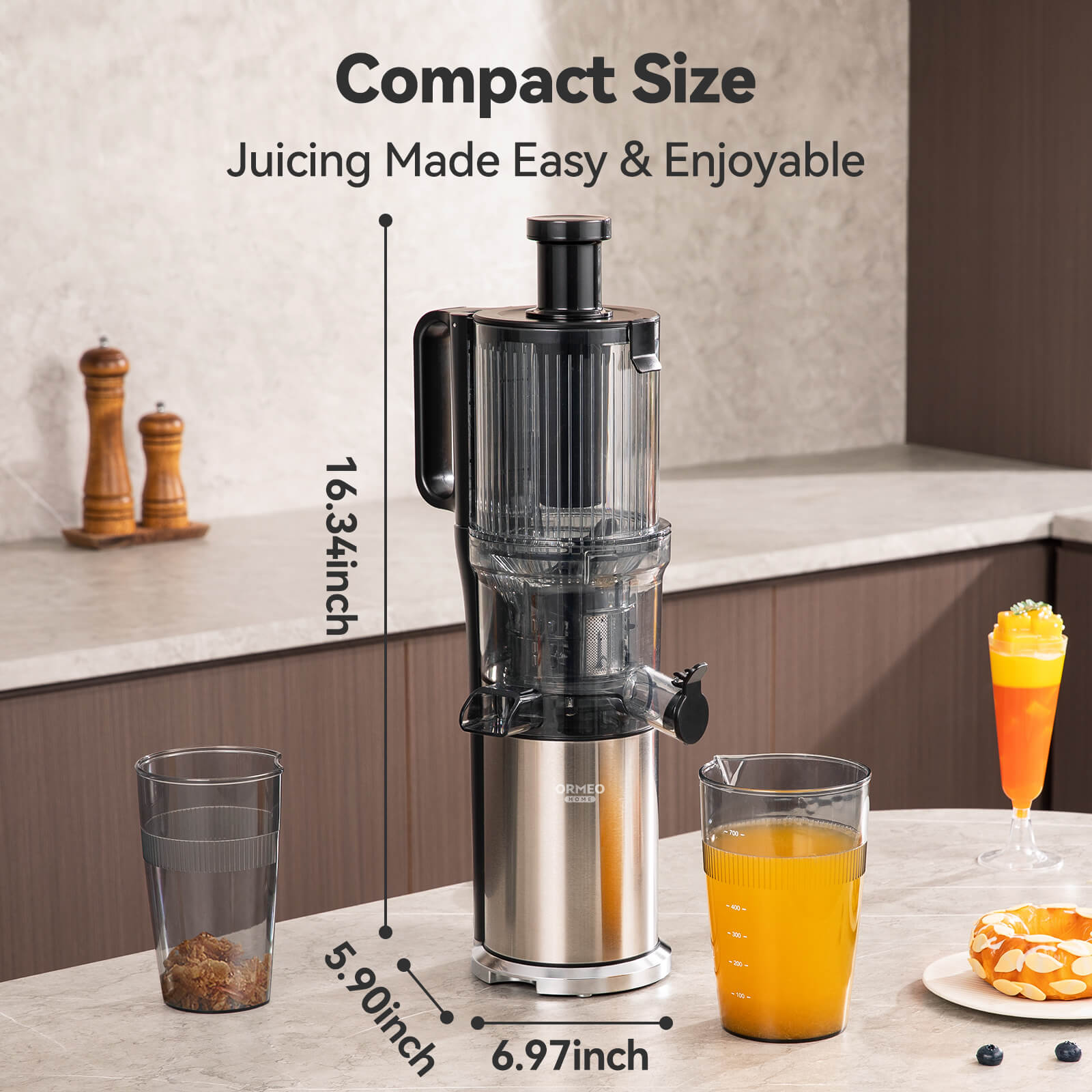
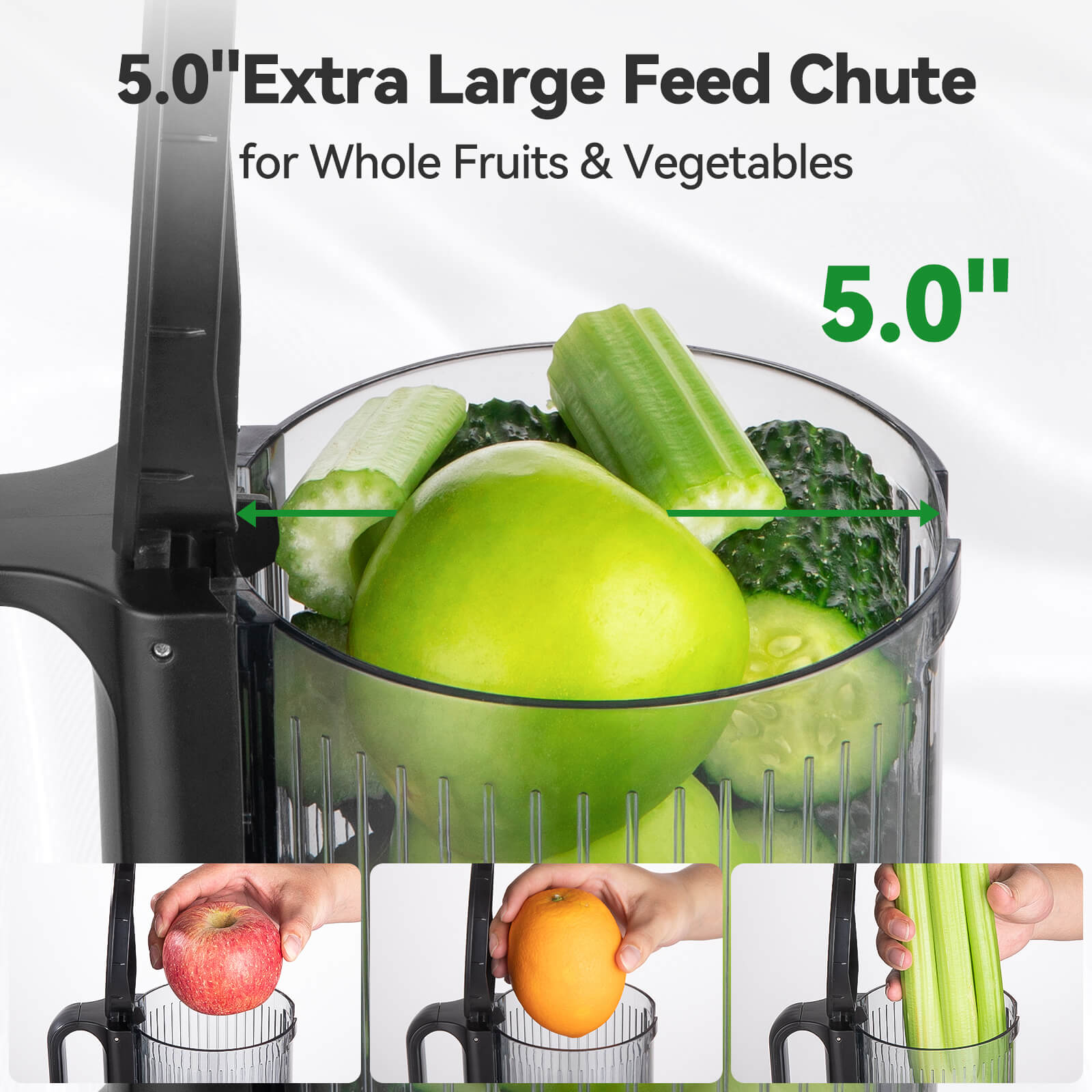
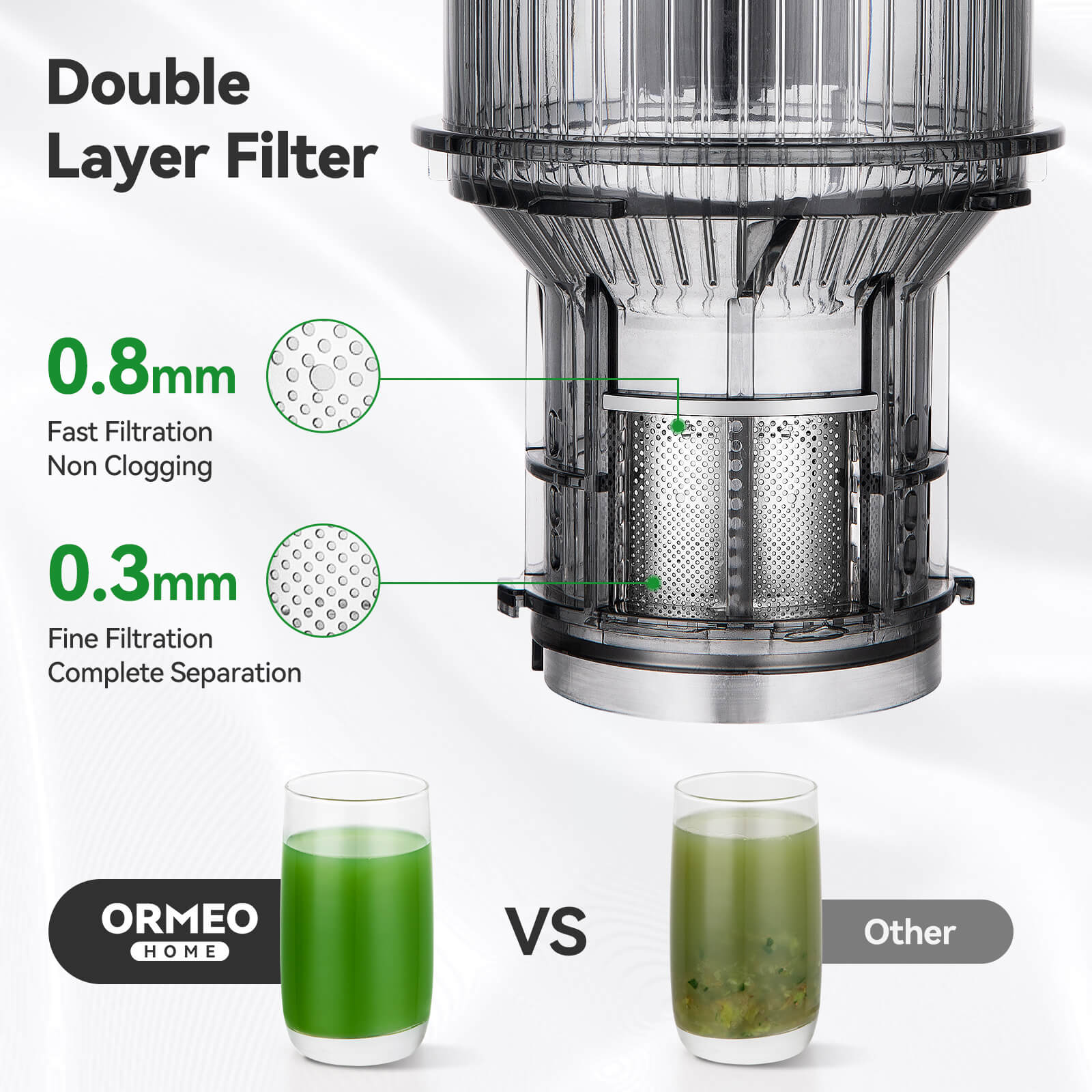
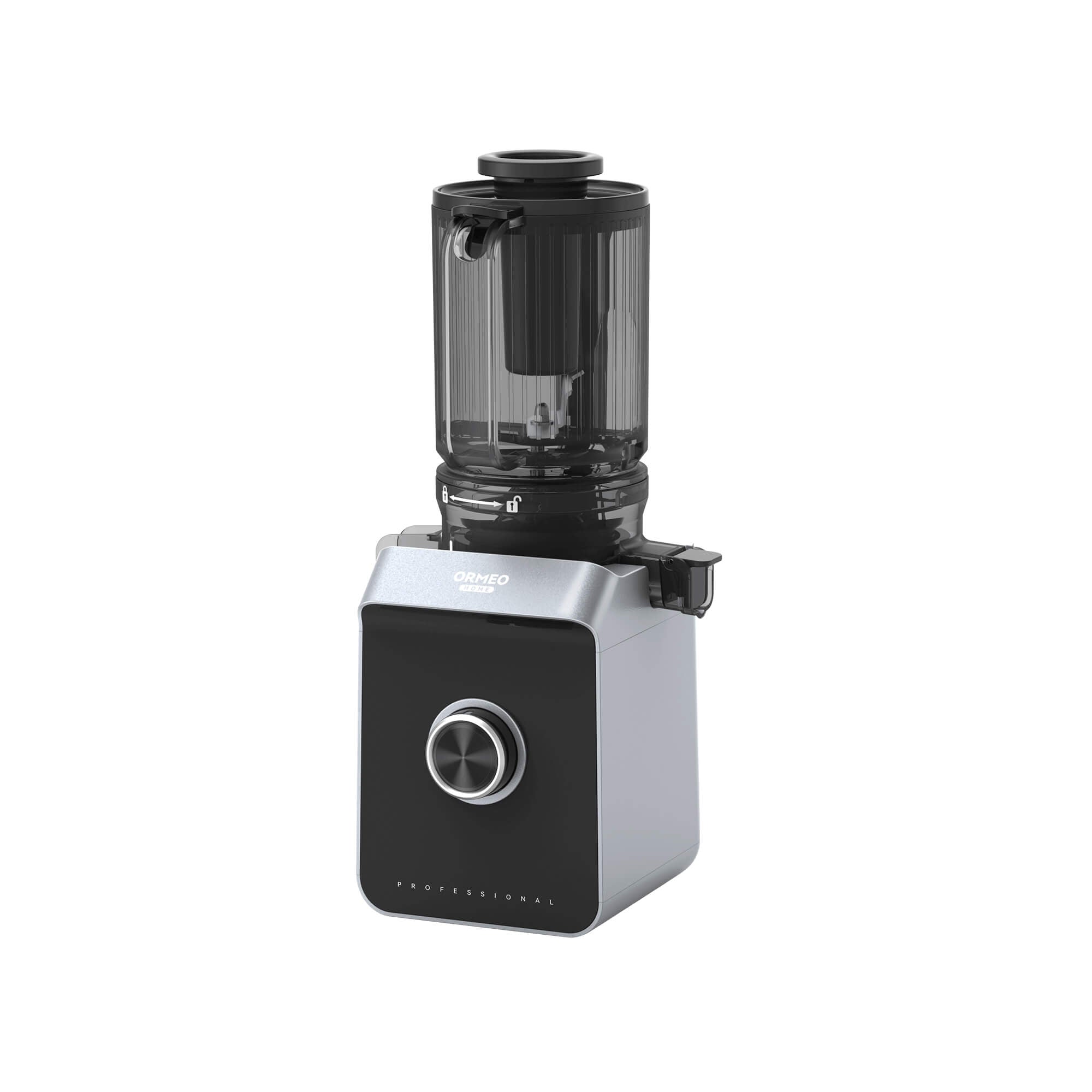
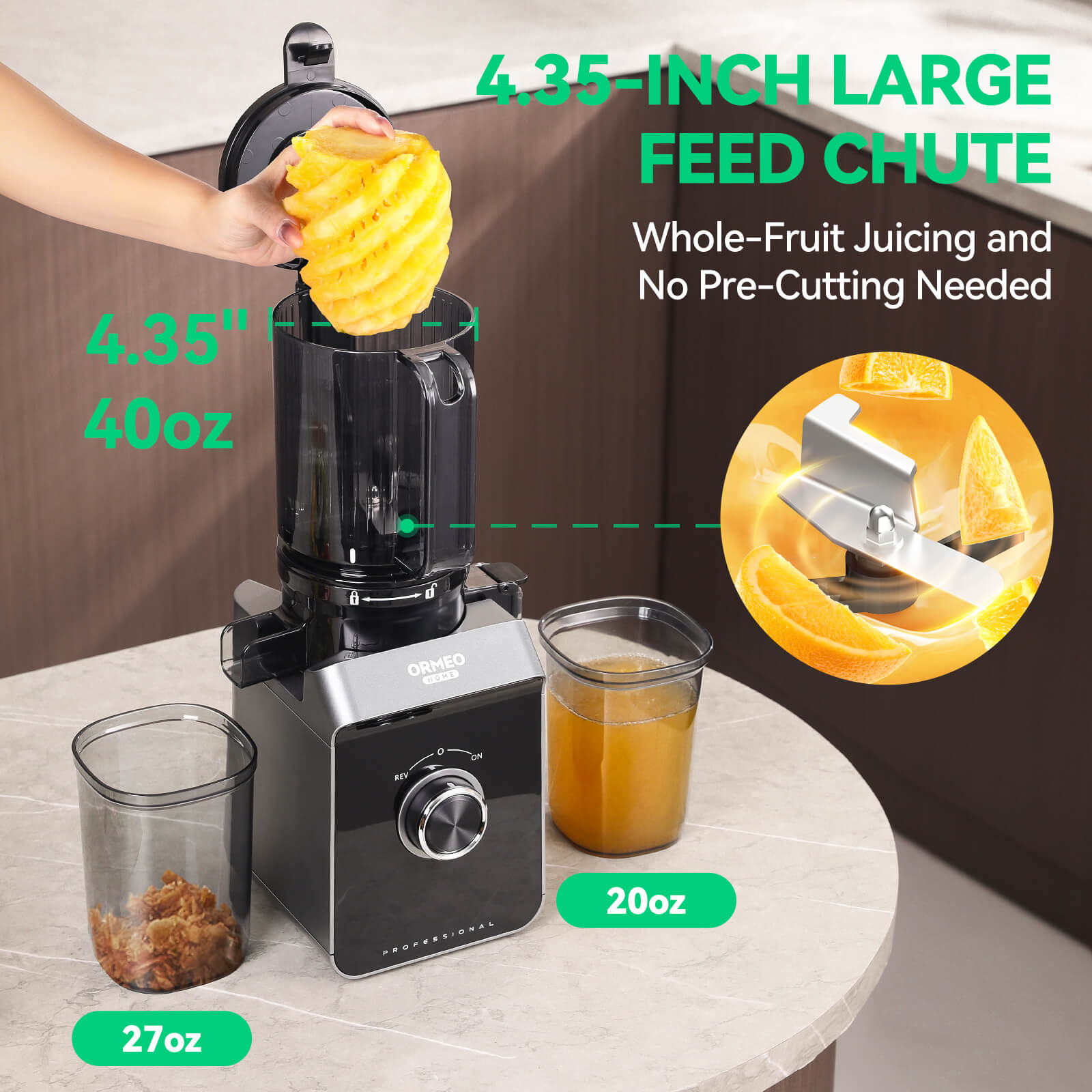

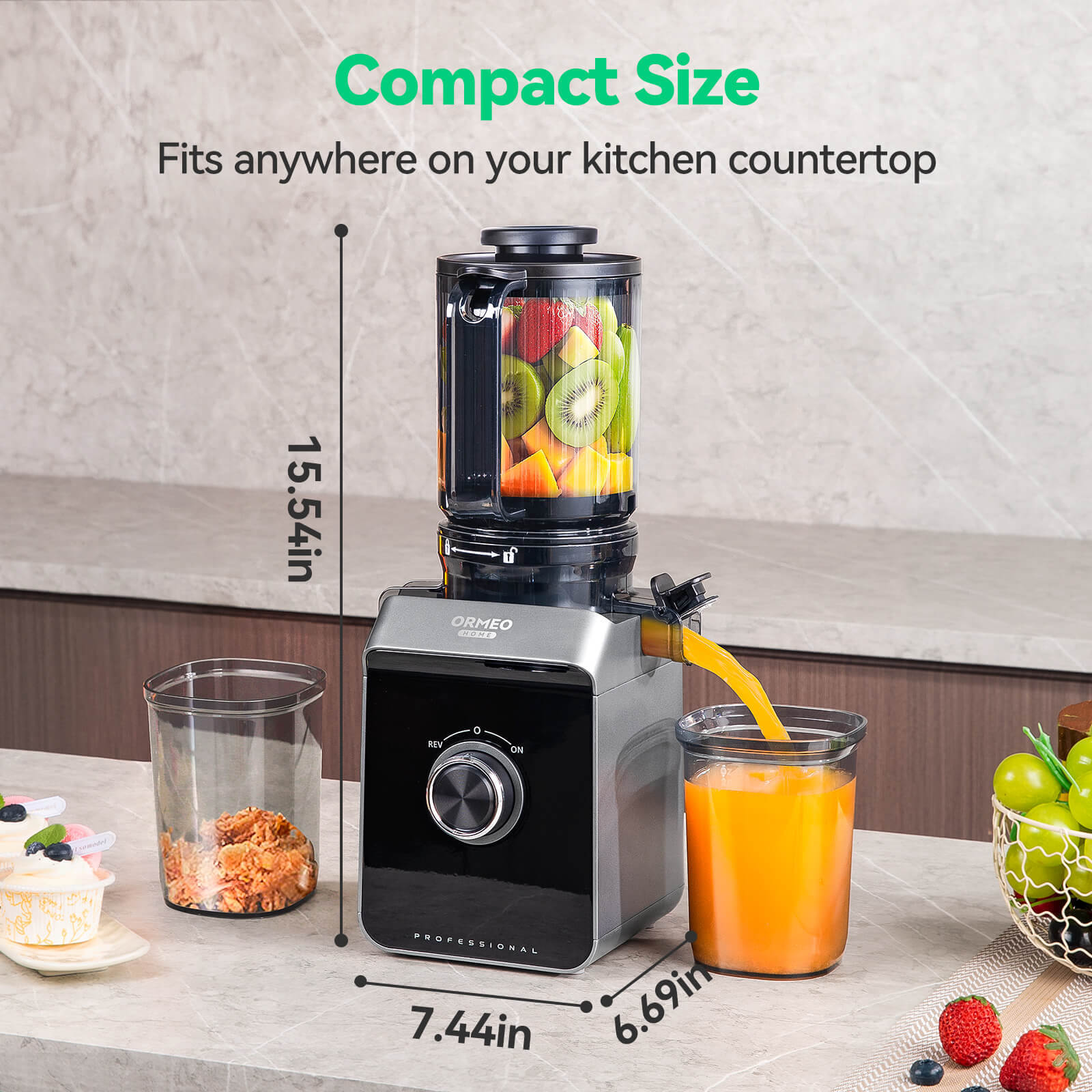
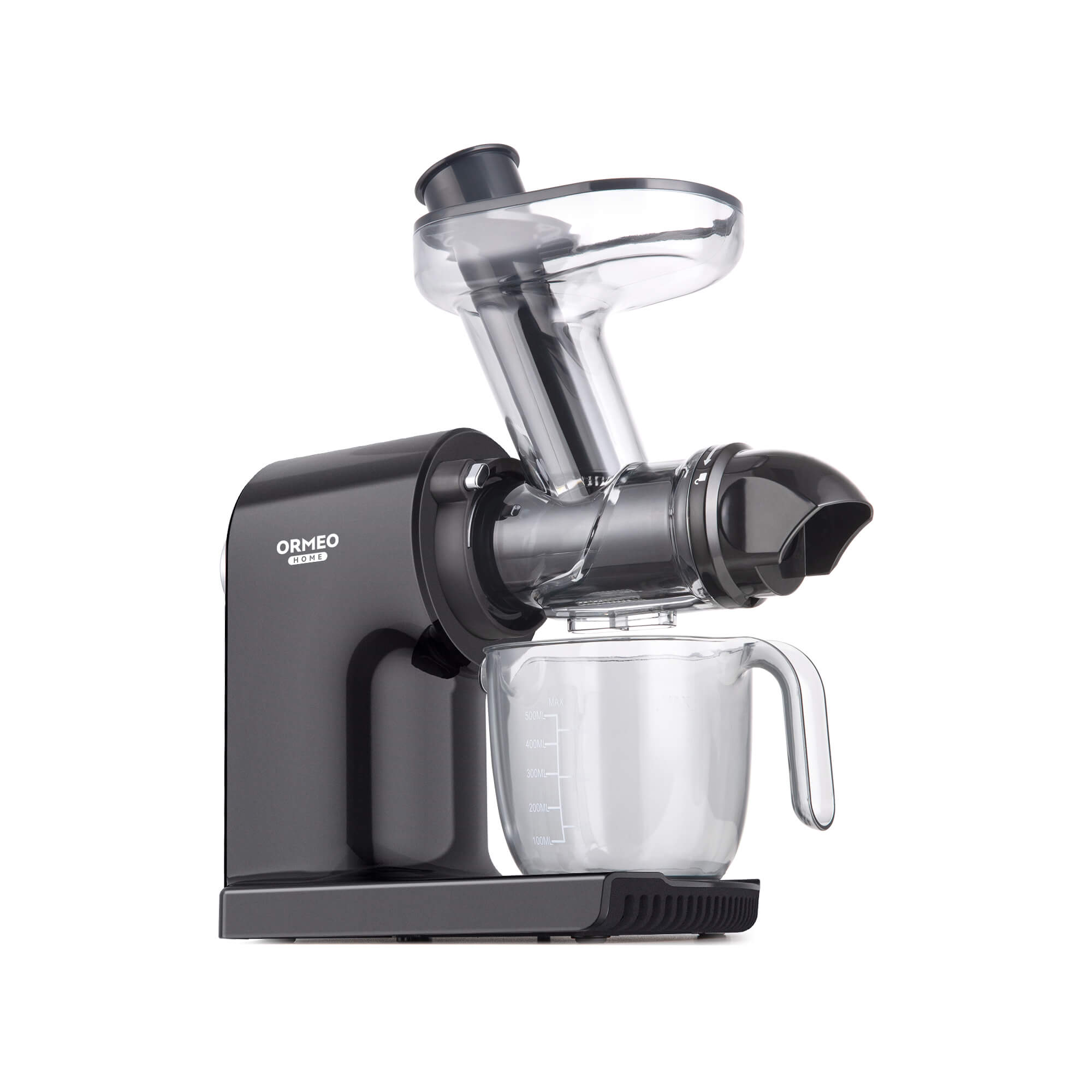
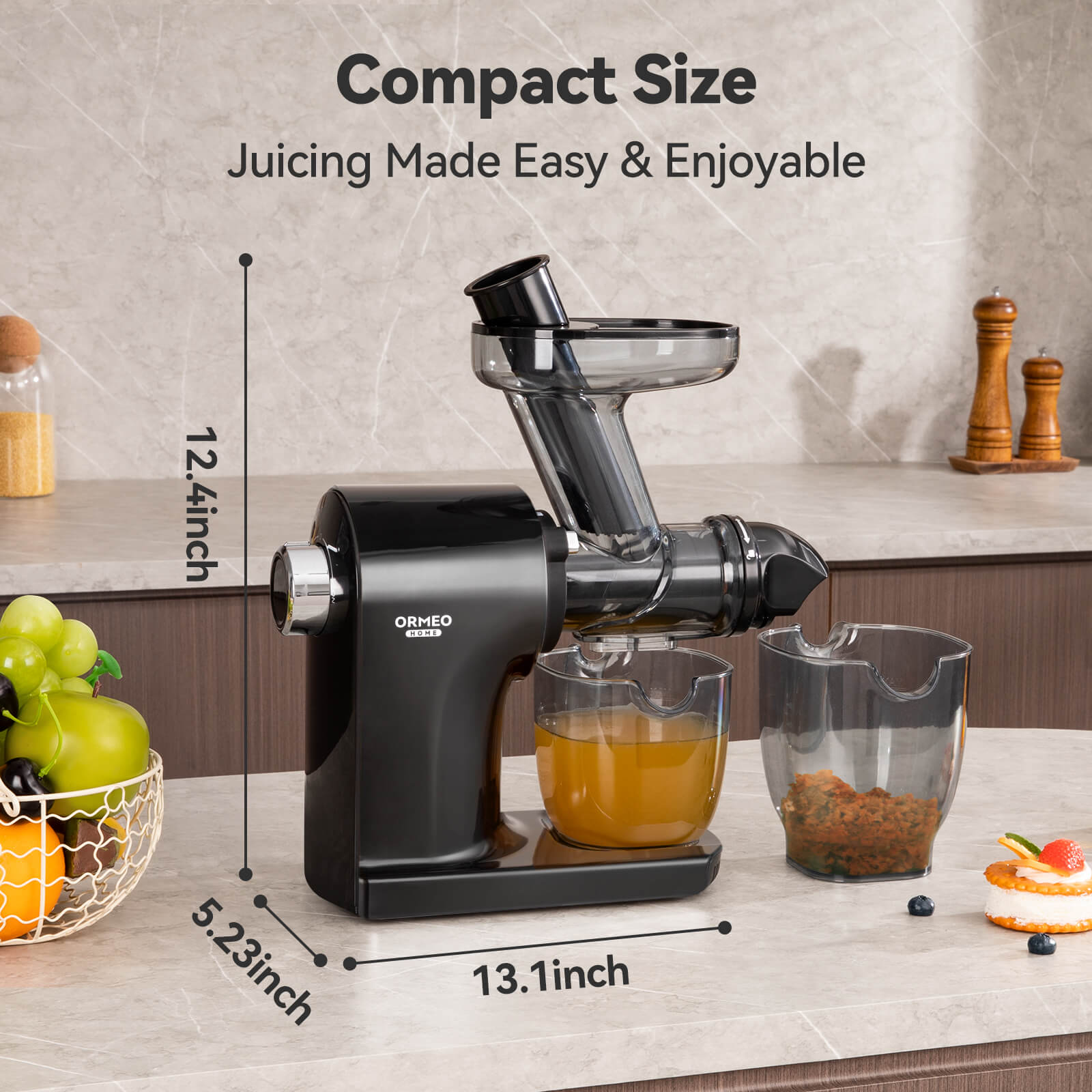
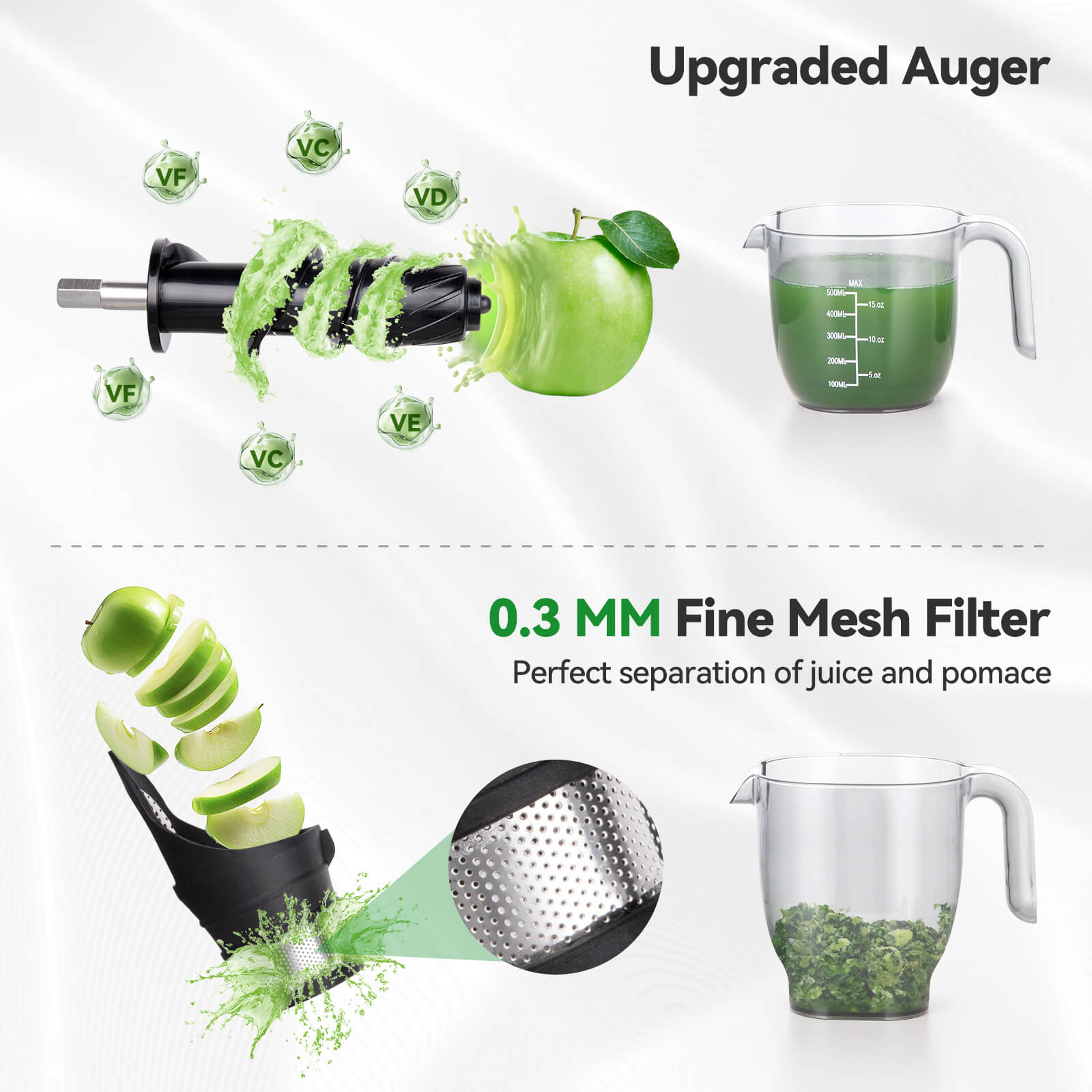
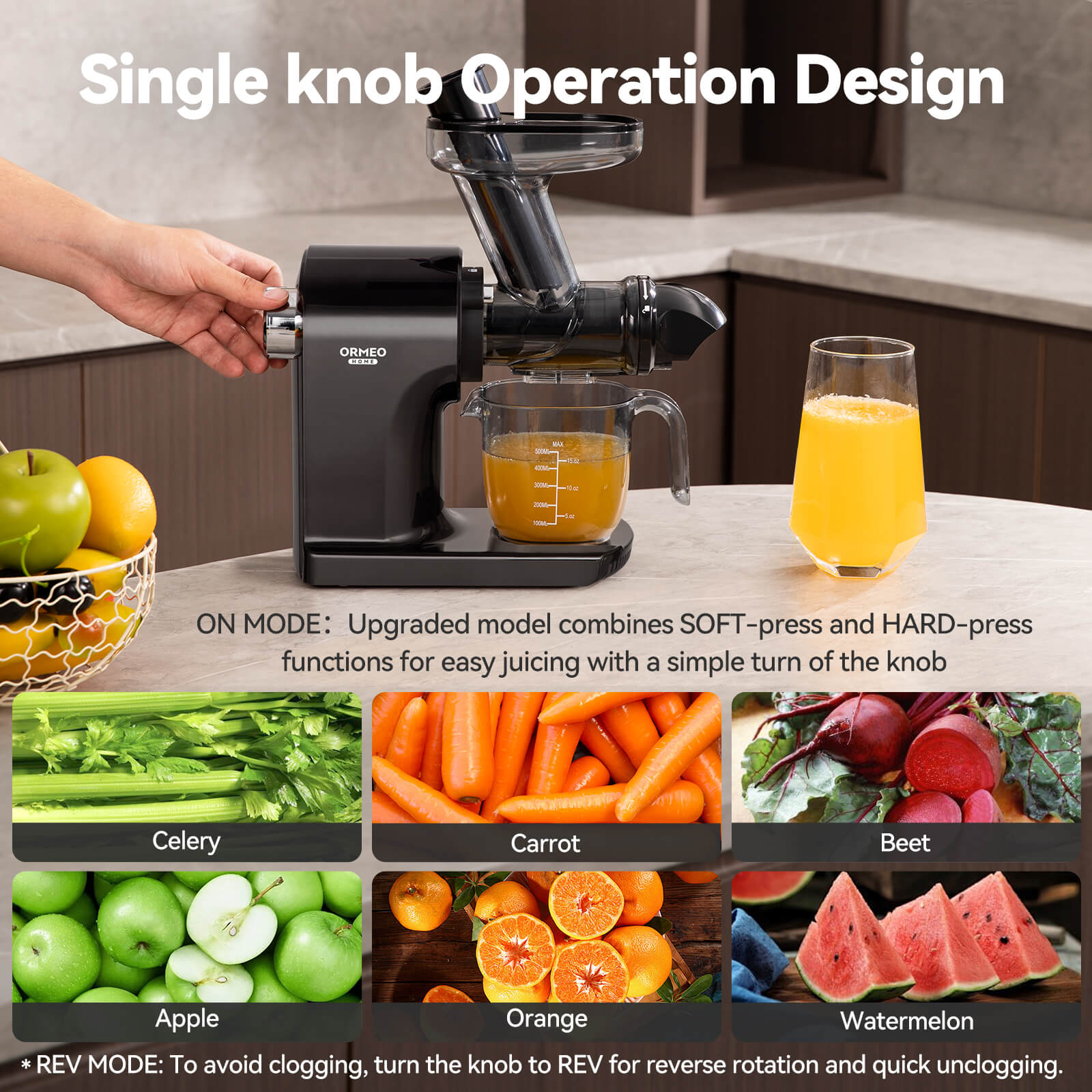
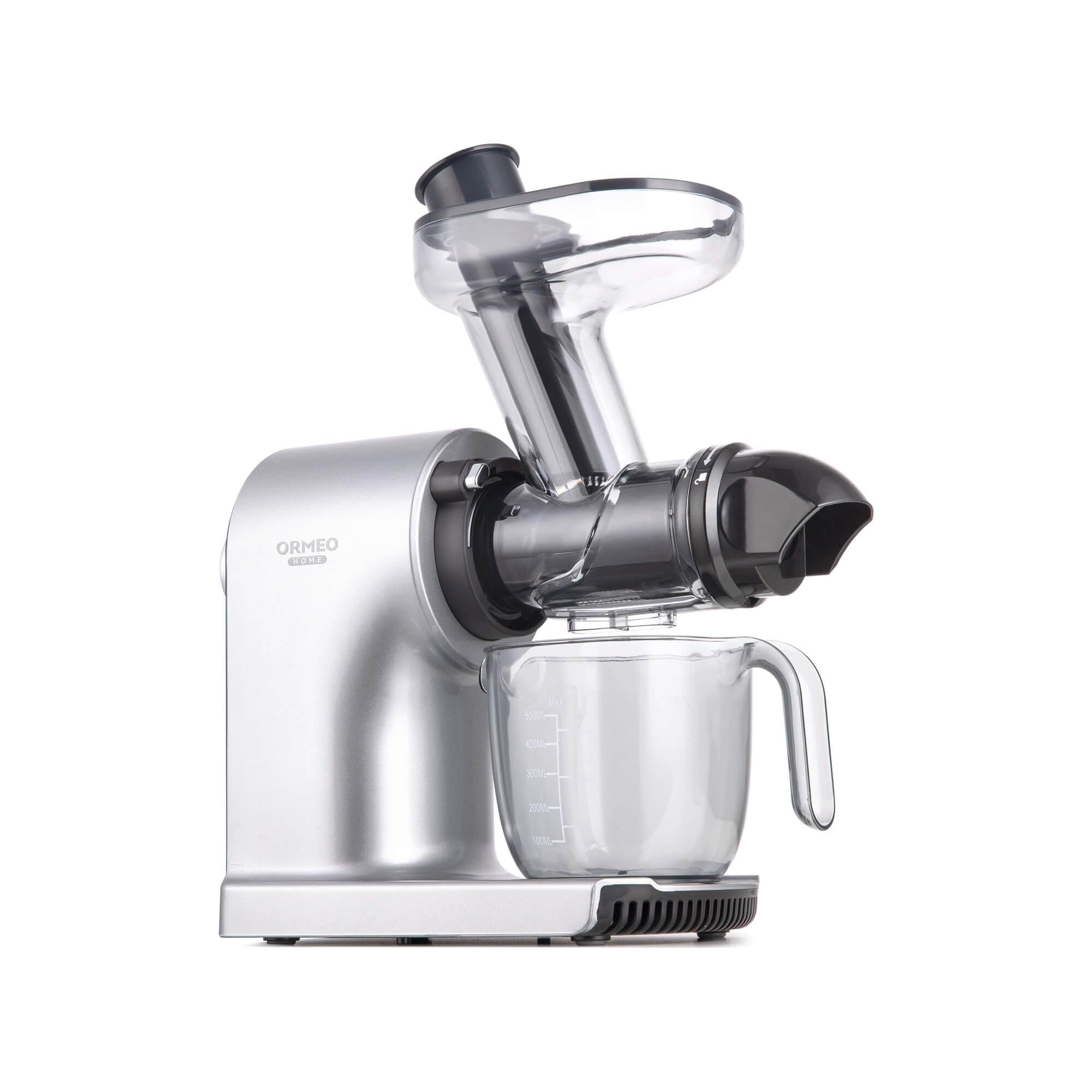
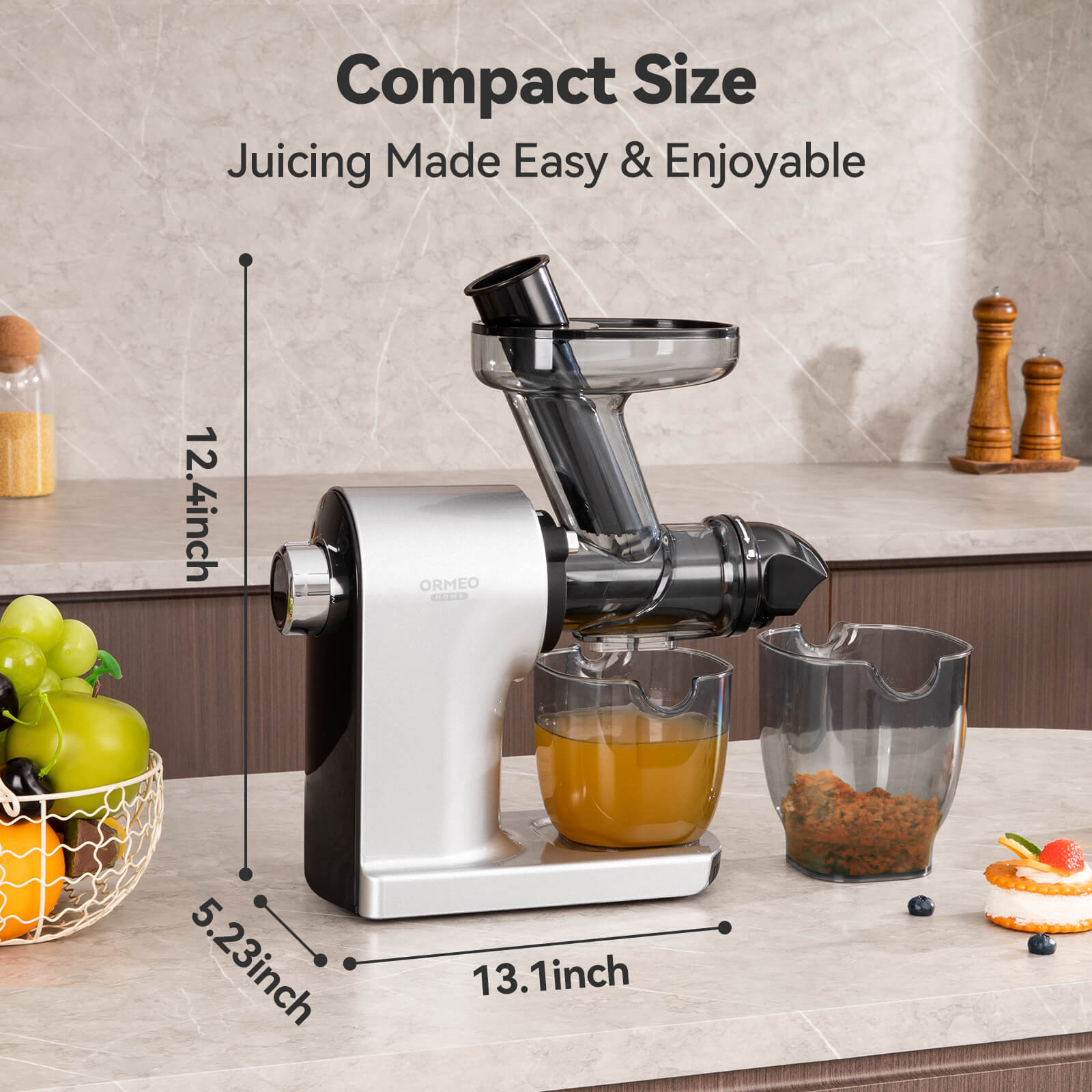
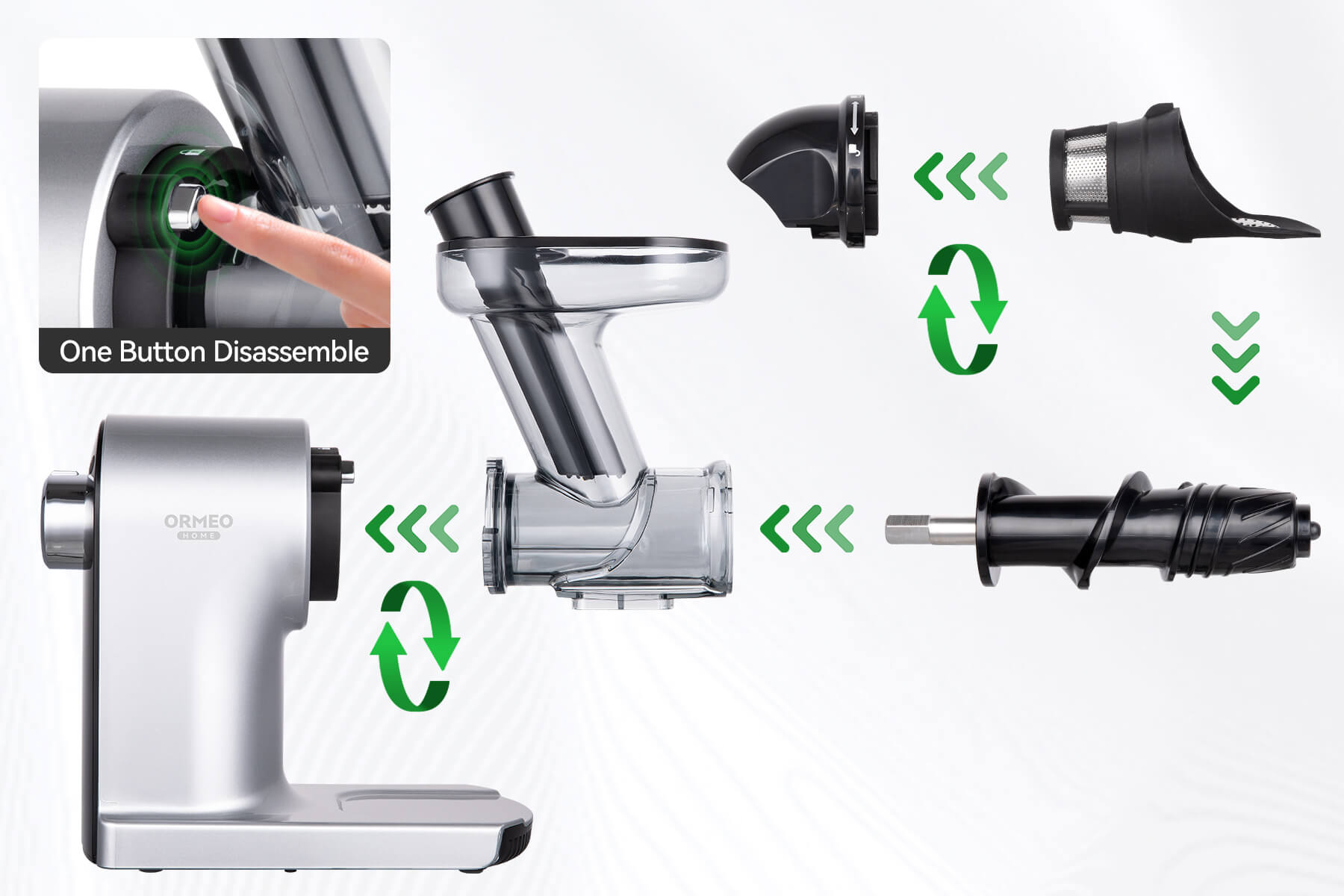
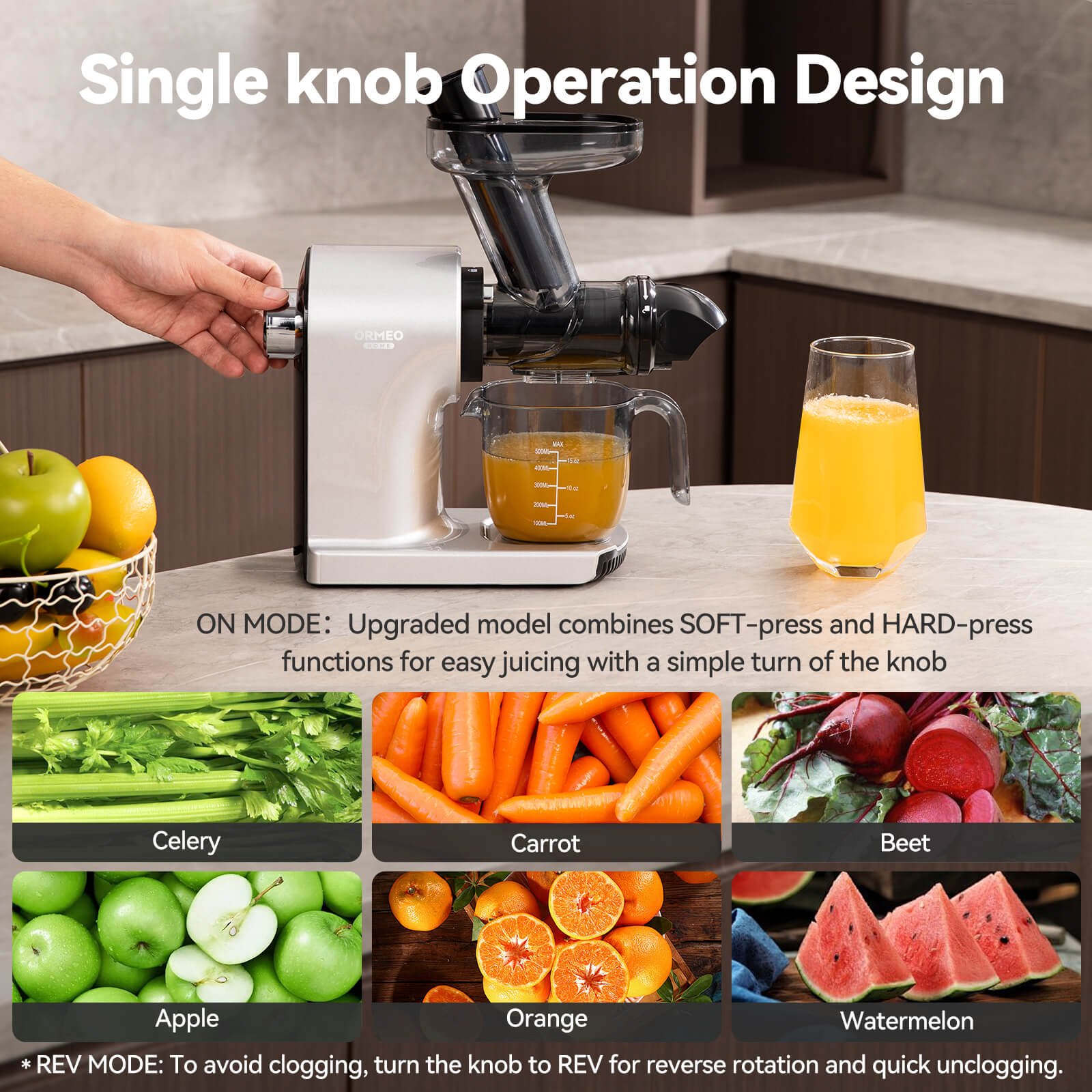
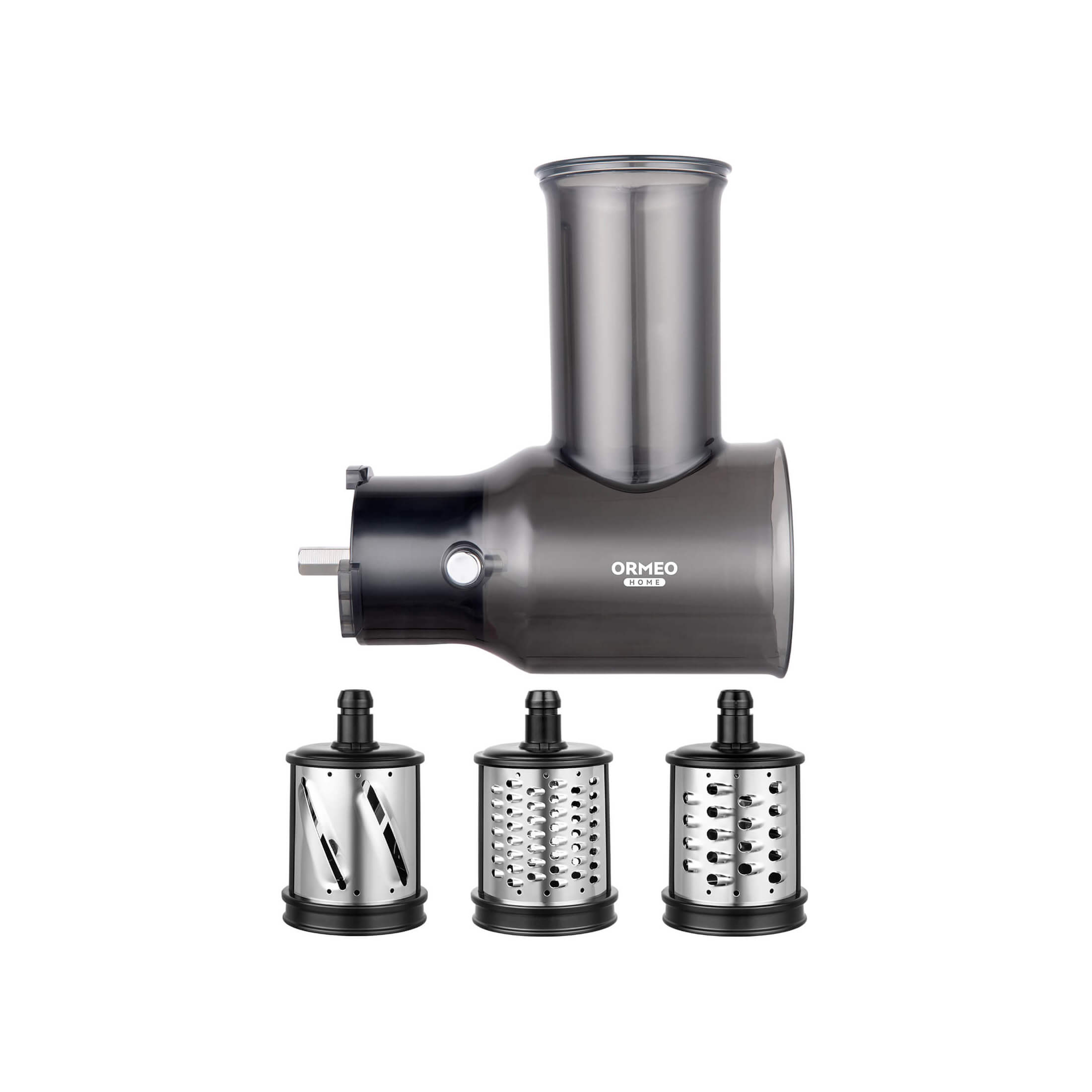
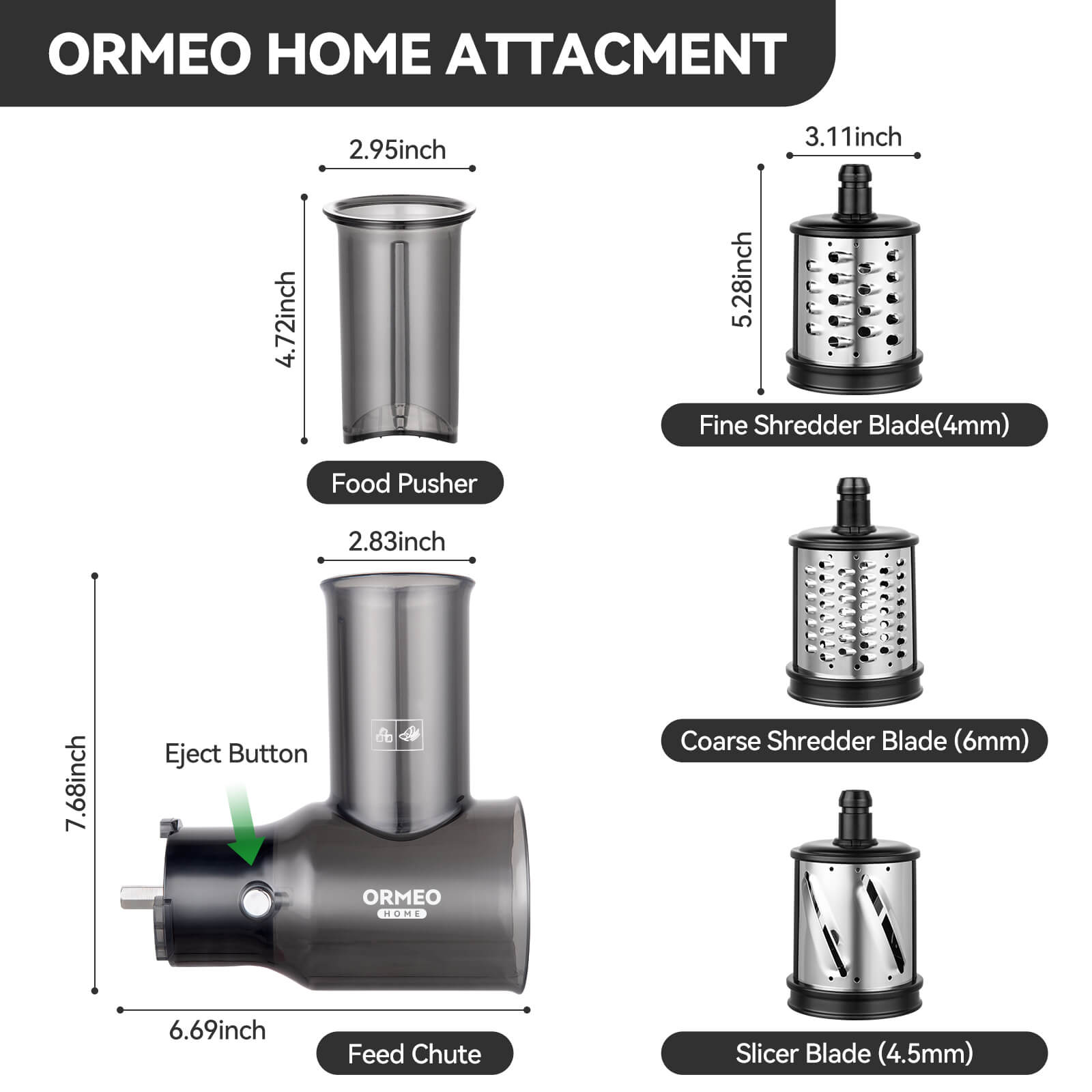
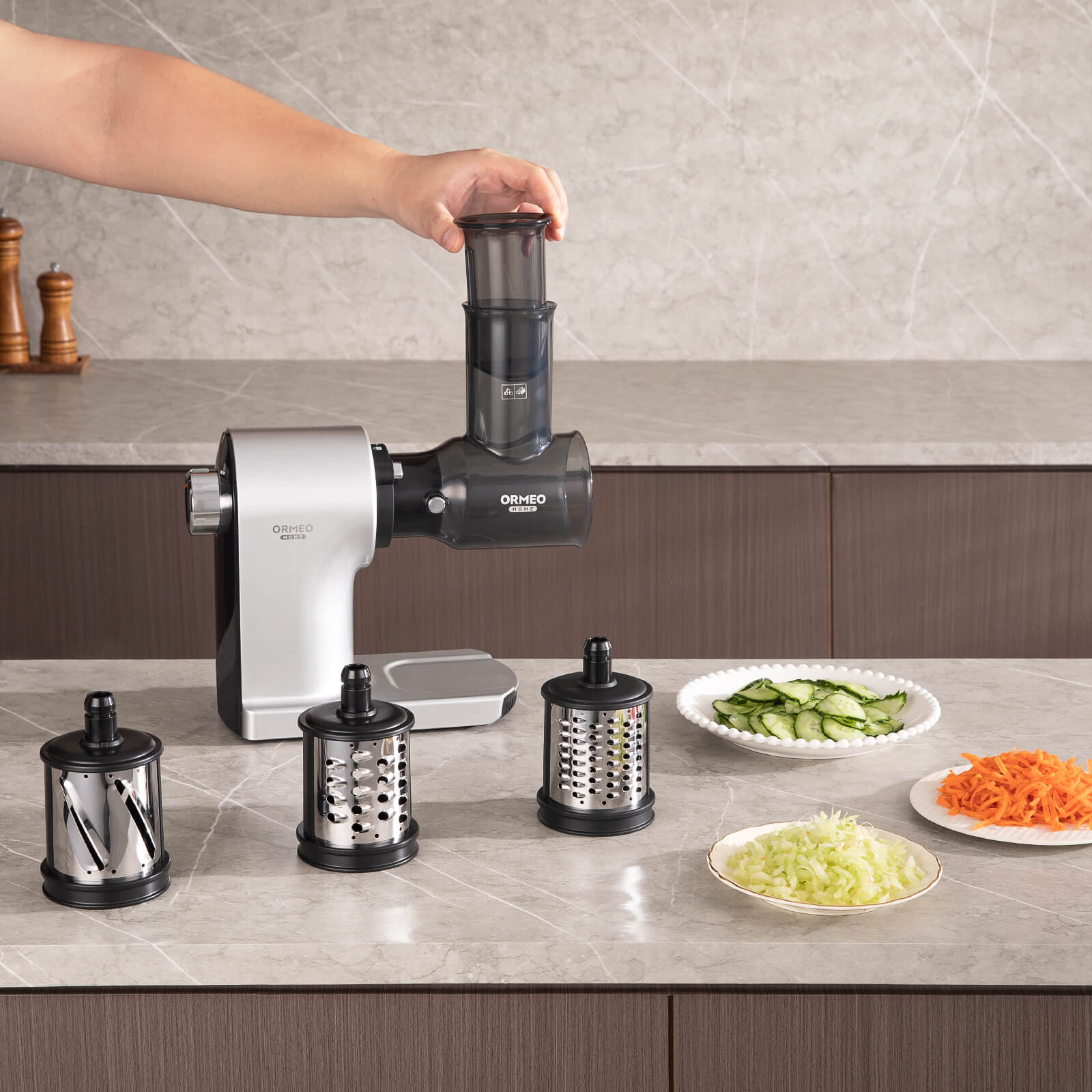
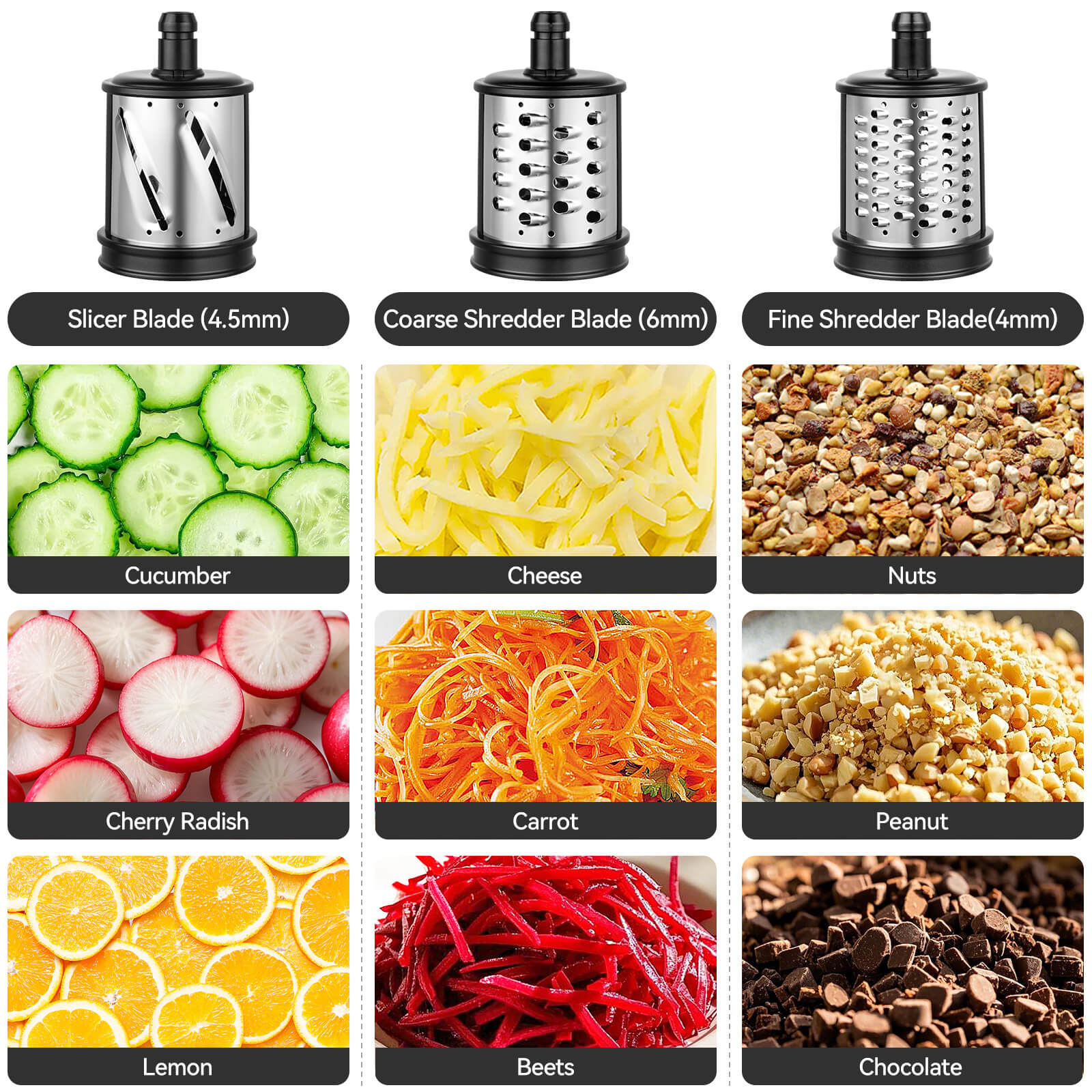
Share:
10 Best Detox Juice Recipes: Green Juice Cleanse for Health & Vitality
What to Do with Juicer Pulp? 11 Creative Ways to Use Leftover Juice Pulp